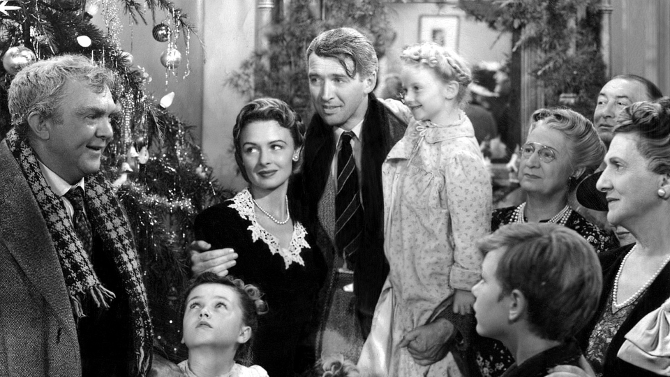
An Impossible Mission
How do you wrap up a franchise like Mission: Impossible? That is, if this even is the final installment... as they’ve made it sound (while at the same time, stars not named ‘Tom Cruise’ pipe up and suggest that might not be so). It has been twenty-nine years, with different writers and visionary directors – from twisty Brian De Palma and the action hair stylings of John Woo, to the lens flares of J.J. Abrams and animation expert Brad Bird, it was only about ten years ago that the franchise decided to opt for The Usual Suspects scribe Christopher McQuarrie for the final four. To return to that opening question once more, you could end with a Sopranos’ style cliffhanger, simply make another entertaining movie like the many before – like Everybody Loves Raymond did it with its final episode, or try to tie everything up in a neat little bow by bringing everything together as the Daniel Craig era did with James Bond. Well, it is definitely more along the lines of the latter example, with some distinct differences.
-
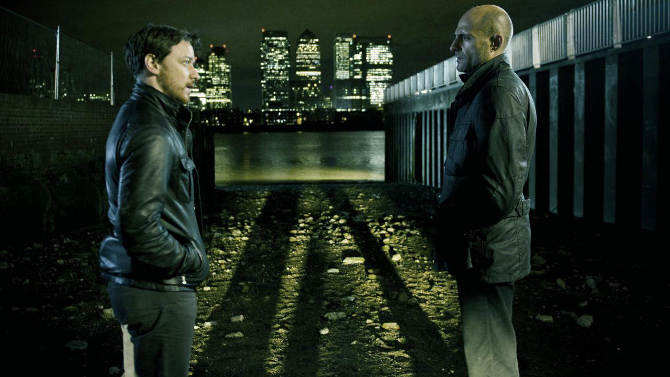
A Knockout Punch
Welcome to the PunchJanuary 15, 2017Filmed with visual panache, Eran Creevy’s Welcome to the Punch gives London a cold, austere blue hue, helping depict a complicated, crime-filled world. Our lead is officer Max Lewinsky (James McAvoy), a man who is haunted by a mistake made in his past. Nearly catching notorious criminal Jacob Sternwood (Mark Strong), instead, he finds himself with a bullet in his leg and then reprimanded for disobeying orders. Now a shell of his former self, he has lost the fire that once drove him, trudging through life in a haze of pain and apathy. Paired with a partner, Sarah Hawks (Andrea Riseborough), who has the drive that he once had, she is constantly fighting his indifference.
-
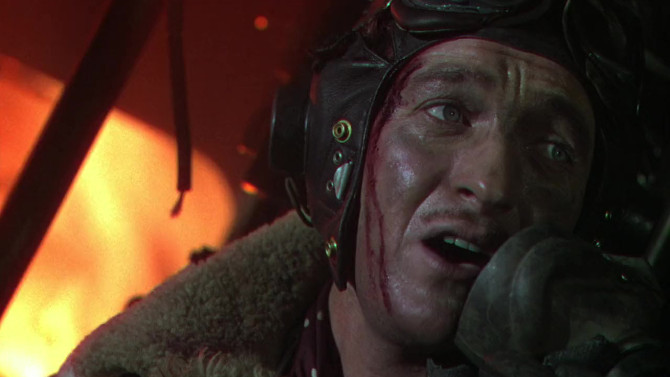
Stairway to Heaven
A Matter of Life and DeathJanuary 13, 2017Born out of the horrors of World War II, famed British filmmakers Michael Powell and Emeric Pressburger released A Matter of Life or Death one year after the conclusion of the hostilities. Cleverly evoking the complexities of the era, the writer/director team fuse together multiple themes that, in some way, make sense of love, life, death, Heaven and the wounds that soldiers suffered during the traumatic affair. Beginning on a grand celestial scale, we are brought forth to an intimate, heartbreaking moment when British Royal Air Force Squadron Leader Peter Carter (David Niven), after ordering his crew to bail out (letting them know that he will soon follow), reveals to an American radio operator, June (Kim Hunter), that his plane is crashing and he has no parachute. His smooth vocals, grievous situation and stiff upper lip attitude leave the woman distraught, and the two fall in love by way of the irregular circumstance. Leaving his dead friend Bob (Robert Coote) on the plane, Carter leaps into the pea soup thick fog just off the English coastline.
-
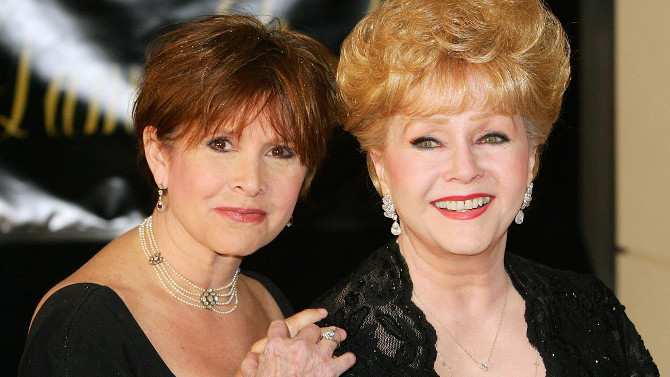
Ushering in 2017
January 10, 2017Here’s hoping that everyone has been enjoying the beginning of 2017. The end of last year was certainly a difficult one for us film fans, as we lost both Star Wars’ Carrie Fisher and her mother, icon Debbie Reynolds just one day apart. This followed the loss of so many other iconic actors, ranging from Alan Rickman (one of the best voices in the business) to Robert Vaughn (the last living member of The Magnificent Seven), and many, many more. Thankfully, we have their work to remind us of their amazing talents. Yet, it was not all doom and gloom – it was exciting to be able to witness two milestone birthdays, as two members of Hollywood royalty, Kirk Douglas and Olivia de Havilland, both turned one hundred this past year.
-
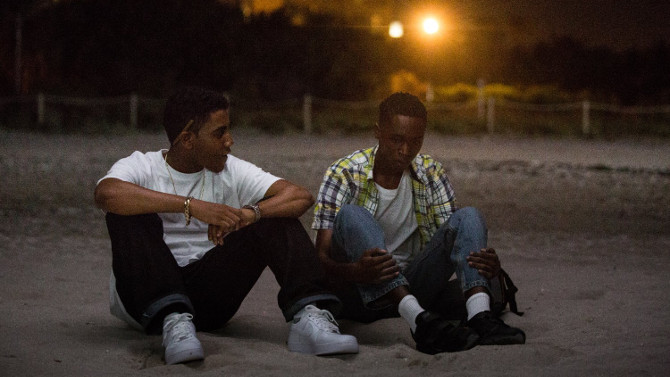
Moonlight Sonata
MoonlightJanuary 8, 2017Moonlight, one of the most lauded films of the year 2016, depicts a world that feels near inescapable. Set in an impoverished neighbourhood in Miami, our protagonist, a confused, introverted, gay African American boy named Chiron, is trapped in a world where his mother is a crack addict, his role model is the one selling the drugs to her, and he is brutally bullied for not fitting the mould. The film is broken up into three parts, ‘Little’, ‘Chiron’ and ‘Black’, each a name and iteration of the main character’s life. ‘Little’ (Alex Hibbert) is a shy young boy, introverted and different from those energetic, bombastic kids around him. His mother, Paula (Naomie Harris), is a verbally abusive single mother (though she has moments of maternal caring), stuck in an endless cycle of drug abuse. With no father at home, Little gravitates toward Juan (Mahershala Ali), as well as his girlfriend Teresa (Janelle Monáe). Juan is a drug dealer in charge of those selling on the street corners of the ghetto. A complex figure, he sees that the boy is different and truly wants to give him a hand up, yet is a huge part of the problem. Quiet moments of mentorship and advice abound, like when Little says he hates his mother. Juan, simply states "I bet you do. I hated my mom too. Miss her like hell now, though."
-
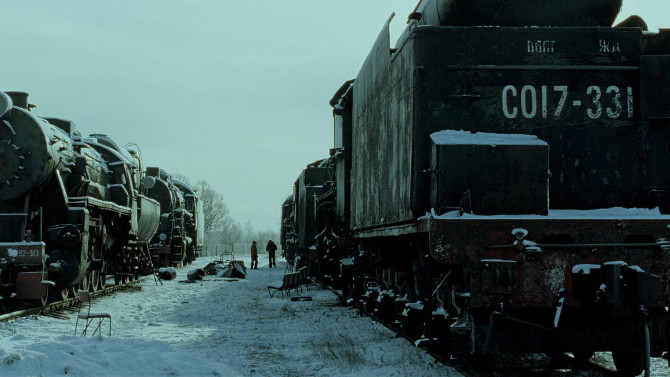
Run Off the Rails
TranssiberianJanuary 6, 2017A perfect film to watch as you hunker down on a cold, blustery winter’s night, 2008's Transsiberian, directed by Brad Anderson (The Machinist) follows a married American couple, Roy (Woody Harrelson) and Jessie (Emily Mortimer), as they take the Trans-Siberian Railway from Beijing, through Siberia, and ending in Moscow. A taut, tense traditional thriller, the couple, despite their recent charitable efforts (helping needy children in China), are having some relationship issues. With opposite pasts, Roy is an excitable, boyish man who has lived a good life, while his wife has been running from her demons, finally finding some semblance of normalcy after meeting him (they were thrown together by way of a serious car accident). At one point, Jessie ominously utters "kill off all my demons, Roy, and my angels might die, too" – a complicated warning for her do-gooder husband.
-
Star Pick with Sean Kenney
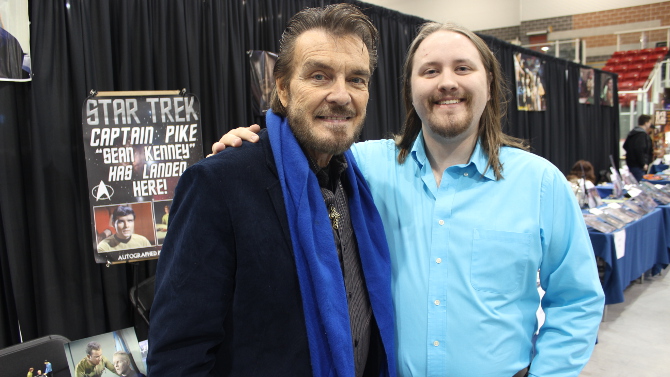 It’s a Wonderful Life is Heaven-SentIt's a Wonderful LifeDecember 23, 2016
It’s a Wonderful Life is Heaven-SentIt's a Wonderful LifeDecember 23, 2016It is hard to fathom that Frank Capra’s classic feature It’s a Wonderful Life turns 70 this year (on December 20th to be exact). A movie of vital importance to millions of people the world over, it has not only become a Christmas staple, but also a yuletide tradition for many a family, though this was not always the case. Getting off to a more than sluggish start (losing major money at the box office), it was not originally a hit (or believed by most critics that it would ever leave an impactful mark on the spools of film history). In a miracle befitting of the fantasy drama, the tides for the downtrodden film turned around in the 1970s (thanks to a fortunate copyright lapse), finding a more than accepting audience on the television screen. Taking off, it has gained the traction director Capra once had hoped for, for his story – though he never truly expected it to get a second chance. He actually said (to The Wall Street Journal in 1984): "It’s the damnedest thing I’ve ever seen. . .The film has a life of its own now and I can look at it like I had nothing to do with it. I’m like a parent whose kid grows up to be President. I’m proud. . . but it’s the kid who did the work. I didn’t even think of it as a Christmas story when I first ran across it. I just liked the idea."

